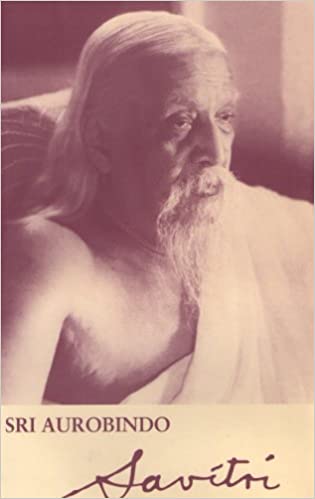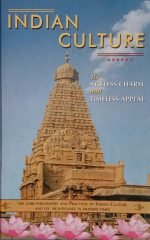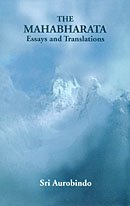Description
About the book :
Savitri is Sri Aurobindo’s major poetic work, an epic in blank-verse of about 24,000 lines in which a tale from the Mahabharata becomes a symbol of the human soul’s spiritual quest and destiny.
“The tale of Satyavan and Savitri”, Sri Aurobindo noted, “is recited in the Mahabharata as a story of conjugal love conquering death”. Sri Aurobindo has widened the original legend and turned it into a symbol in which the soul of man, represented by Satyavan, is delivered from the grip of death and ignorance through the love and power of the Divine Mother, incarnated upon earth as Savitri.
Sri Aurobindo worked on this poem for more than thirty years. When a disciple asked why he kept rewriting it, he replied: “That is very simple. I used Savitri as a means of ascension. I began it on a certain mental level, each time I could reach a higher level I rewrote it from that level. . . In fact Savitri has not been regarded by me as a poem to be written and finished, but as a field of experimentation to see how far poetry could be written from one’s own yogic consciousnes and how that could be made creative.”
The Mother considered Savitri to be “the supreme revelation of Sri Aurobindo’s vision” and called it “that marvellous prophetic poem which will be humanity’s guide towards its future realisation.”
Contents: Savitri; Sri Aurobindo’s letters on Savitri
Subjects: Poetry, Philosophy, Yoga, Mysticism.
Publisher : Sri Aurobindo Ashram Publications Department; Hard Cover ; Crown size;
About the author :
Sri Aurobindo studied in England and moved to India after completing his education. Worked as a Professor in the college at Baroda run by the Princely administration. After participating in the Indian freedom struggle Sri Aurobindo began the pratise of Yoga and achieved several fundamental spritual realisations. He moved to Pondichery and over the next forty years he developed a new spiritual path, the Integral yoga, whose ultimate aim is the transformation of life by the power of a supramental manifestation. His vision of life is presented in numerous works of prose and poetry, among the best known of which are The Life Divine, The Synthesis of Yoga, Essays on the Gita and Savitri.
Also read :








Reviews
There are no reviews yet.